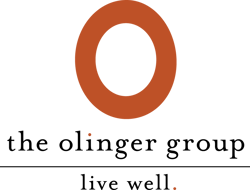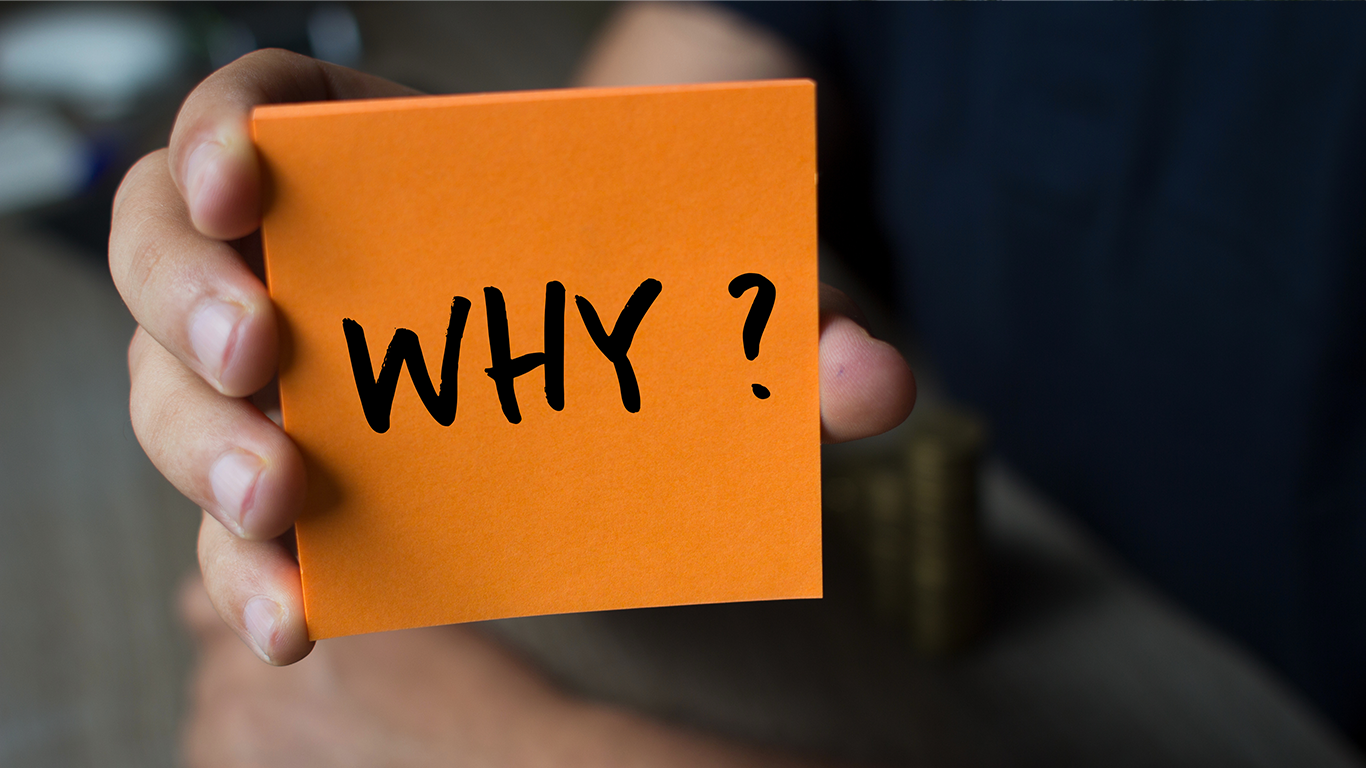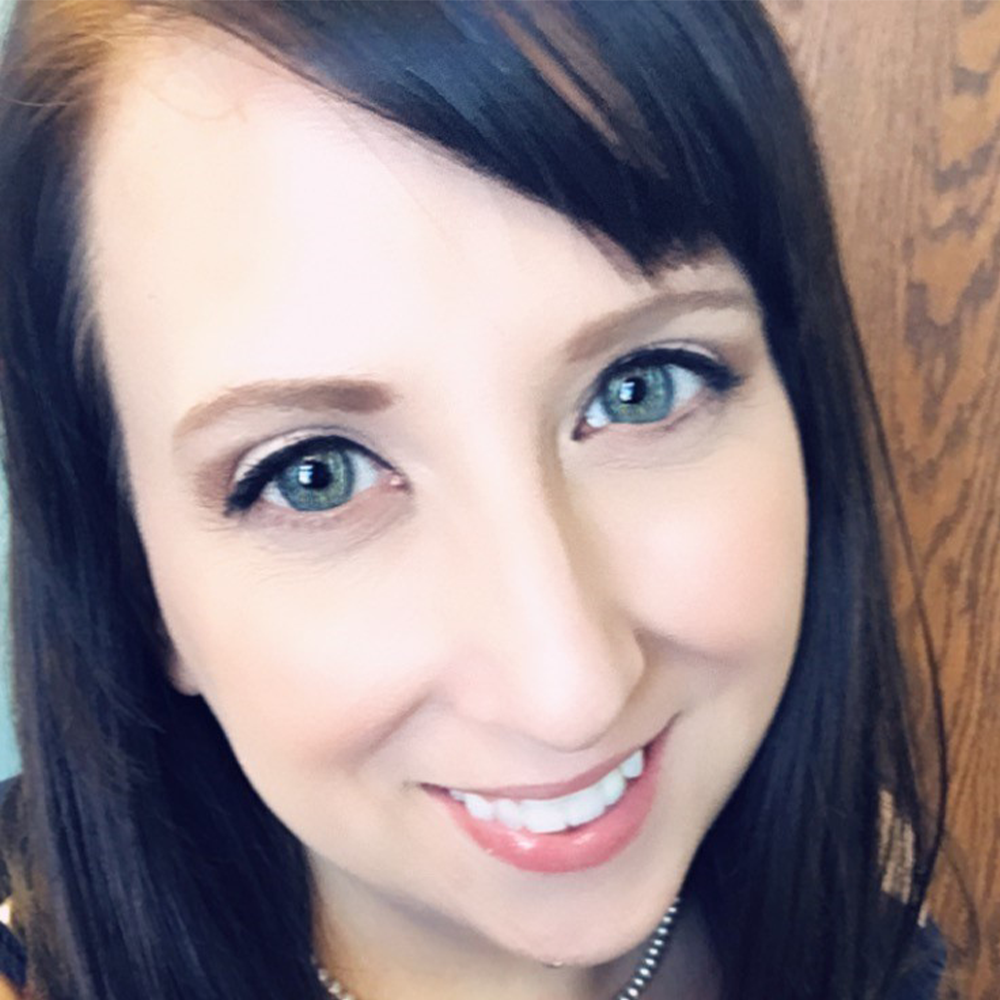People do a lot of interesting things, and they make a lot of really interesting choices and decisions that may not seem rational. I have always wanted to know why.
My life-long love of learning has led me to read anything and everything that could help me better understand human behavior. While I learned a lot, the answers I truly craved became increasingly hard to find.
In particular, I wanted to know the deep and often unarticulated motivations and nuances to human decision making. In other words - Why do people do what they do?
During my doctoral studies, I had so many unanswered questions that I realized someone needed to do more research. I thought it might as well be me.

Flipping a switch
Something inside of me shifted when I switched from being a consumer of research to a producer of research. I could ask any questions I wanted, all in the name of science. And I knew that if I asked the right questions in the right order at the right time, I could find the answers I craved.
My research led me to conduct a vast array of studies, from implicit bias against certain groups to the stress people feel when watching television news programming. I even examined the responses people have to spiders and other negative things.
These studies allowed me to explore the full range of human emotions and see how they impact decision making. Though a combination of quantitative surveys and laboratory-based psychophysiological experiments (e.g., skin conductance, salivary cortisol levels, eye tracking, etc.), I was able to cut through the natural self-report bias and identify biological motivations.
While the pursuit of knowledge and exploration of human behavior, in and of itself, is exciting, it can occasionally lack real-world implications and applications. I wanted to explore how the concepts learned in a lab translate into how people make decisions in everyday life. Joining The Olinger Group has allowed me to take the knowledge and skills I gained in the lab and apply them in such a way that people’s lives are positively impacted.
Joining The Olinger Group
The core values and areas of expertise of TOG are what drew me in. The total commitment to improving people’s lives one study at a time resonated with much of the research I had already been doing.
Our overall mental and physical health is a big concern for me, so I was very impressed with TOG’s focus on Health & Wellness. I can 100% get behind clients or brands that are doing good things for people and finding ways to improve their quality of life
The focus on Luxury Travel also appealed to me. In my mind, travel and health are highly correlated. Travel gives us a mental break from our everyday activities and stressors. The more you travel and the more time you get to relax, the better off you are going to feel and function.
Respecting the hard times
Life isn’t always fun or easy, though. As researchers, we need to have serious, honest conversations with people about difficult subjects like illness, severe pain, and end-of-life realities.
I have never been one to avoid asking hard questions. Unpleasant topics and emotions are a part of life, and they are worthy of study and recognition. If our research at TOG can add even a modicum of pain or stress relief to someone who needs it, then I am happy and honored to help.
Conducting research and finding ways to understand deep-seated motivations is my way of respecting people and life, in all its seasons and stages. In doing so, we all move forward toward a more complete understanding of the human experience.
Feel free to comment below and don't forget to subscribe to our blog so you'll be notified each time we post.





